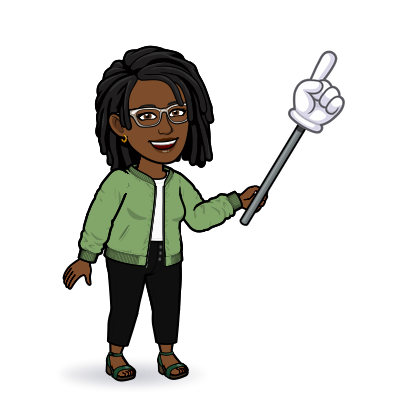The Components of an Effective Lesson Plan
© Dr. Lois Jeremy-Greene March 29, 2025
The Components of an Effective Lesson Plan
Every effective lesson begins with an effective lesson plan. Whether you agree or disagree, lesson planning is essential for delivering high-quality instruction. Teachers must plan to teach so that they can teach to plan.
Some may argue that they don’t need a lesson plan to teach. However, without one, how can they truly know if students are learning? Without clear goals, those teachers may lack a sense of what students should know, understand, and be able to do by the end of the lesson.
So, what exactly makes a lesson plan effective? The specific components may vary by teacher, school, district, state, or country, but there are foundational elements that should be present in any strong lesson plan.
Core Components of an Effective Lesson Plan:
Class:
Date:
Unit:
Lesson Topic/Aim:
Content Standards:
Lesson Objectives/Instructional Outcomes:
Relationship to Unit Structure:
Prerequisite Knowledge and Skills:
Anticipated Student Misconceptions:
Academic Vocabulary:
Culturally Responsive Strategies and Community Assets:
Instructional Materials/Resources:
Instructional Methods and Strategies:
Lesson Structure and Development:
Introduction / Anticipatory Set:
Captures student interest and sets the stage for learning.Mini-Lesson:
Provides direct instruction and models key concepts.Guided Practice:
Allows students to practice with teacher support.Collaborative and Independent Practice:
Students apply learning independently or with peers.Summary / Synthesis / Closure:
Brings the lesson together and reinforces key takeaways, giving students the opportunity to reflect and consolidate their learning. This task should be aligned with the learning objectives/instructional outcomes.Homework Assignment (if applicable):
Extends or reinforces learning at home.
Additional Considerations:
Differentiation:
Supports, accommodations, and modifications tailored to diverse learning needs.Formative Assessments:
Ongoing checks for understanding to inform instruction.




Yes! If you are not thinking about and explicitly planning each of these aspects of your lessons, then how do you know what you want students to know and be able to do, how they will get there, and how you will know when they get there?
I like the components presented here, but don’t you think that some teachers may say that it’s too much to consider when planning a lesson?